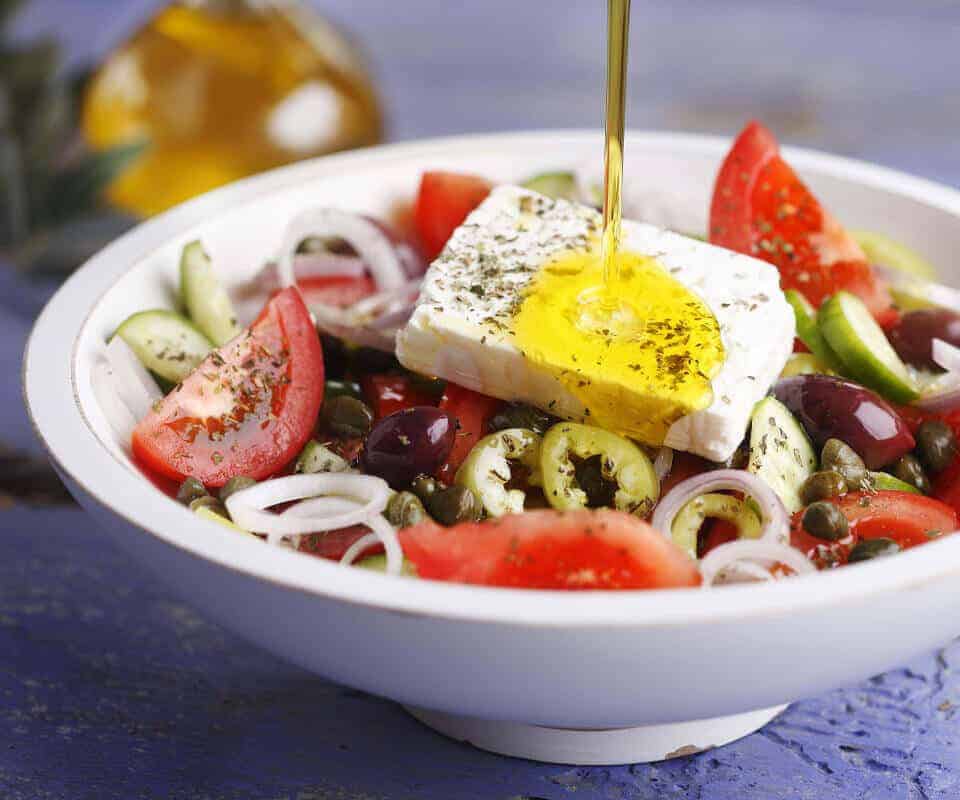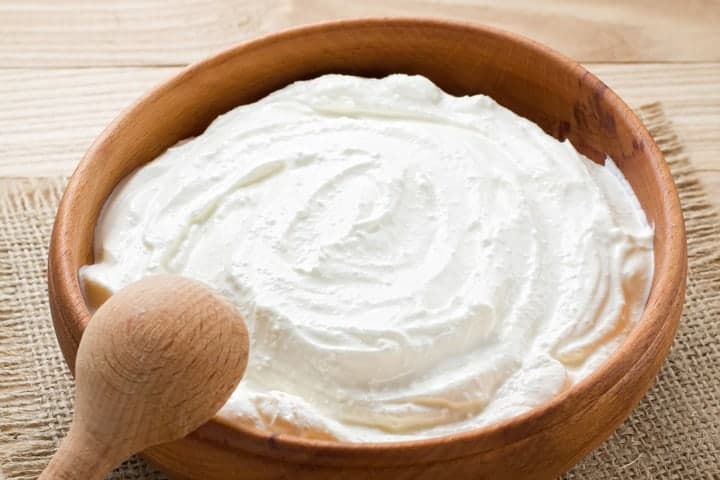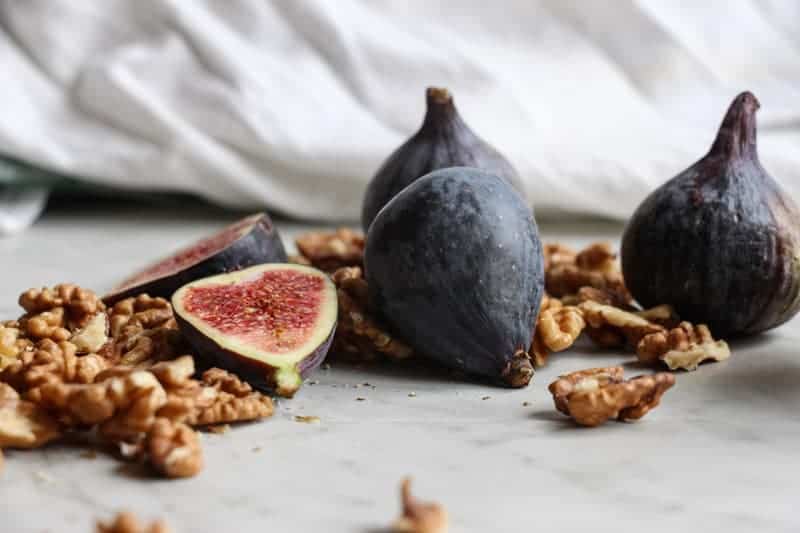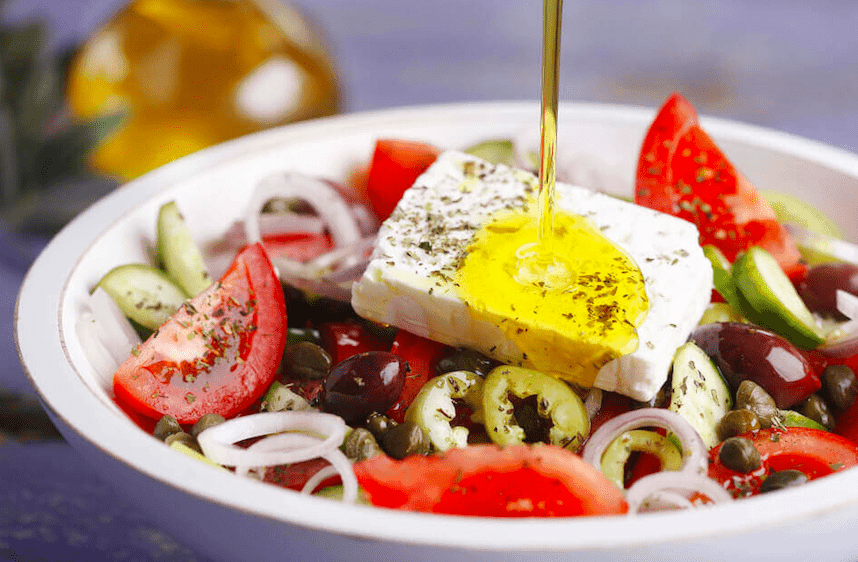
The Mediterranean diet is based primarily on the eating habits of southern European countries, however it is mainly derived from healthy eating habits and traditions of Greek people and produce, with an emphasis on greens, olive oil, fish, poultry, beans, and grains.
Not only is the Greek diet a great way to eat, drink and live, but it’s also a realistic and sustainable way to reduce disease, inflammation and a perfect way of maintaining a healthy weight range. So it’s no wonder that most leading doctors and dieticians worldwide recommend following a Greek diet!

The Greek diet has long been known as one of the healthiest in the world, however, it’s not just a diet or even a way of eating, really, it’s a way of life!
For thousands of years Greeks have indulged in a high fibre diet of vegetables, fruits and legumes, also including quality fats and proteins, plus a glass of homemade wine and a good cup of Greek coffee each morning.

When many people think of Greek food, Pastitso, Moussaka, Souvlaki and Baklava come to mind, however a traditional Greek diet is packed with greens, such as Xorta (wild greens) Fasolakia (green string beans), Bamies (Okra), legumes including Fakes (lentils), Fasolada (beans), Revithia (chickpeas), vegetable dishes, fish and small portions of meat.

For snacks, a Greek diet allows for yogurt, Feta, olives, almonds, walnuts, honey, figs and other fruit, which all help with healthy digestion and are good fats- as long as they are of course consumed in moderation. When followed properly, a Greek diet really does give an all-round healthy benefit to the body, mind and soul.

Here are some tips on how to make the most out of a Greek diet-
- Use extra virgin olive oil in your salads and for cooking.
- Include tomatoes, cucumbers or a serving of vegetables to each meal.
- Eat at least two servings of legumes a week.
- Cut back on red meat.
- Eat yogurt, nuts, fresh or dried fruit for snacks everyday.
- Have one small glass of red wine per day, with a meal.
- Eat sweets on special occasions only.

